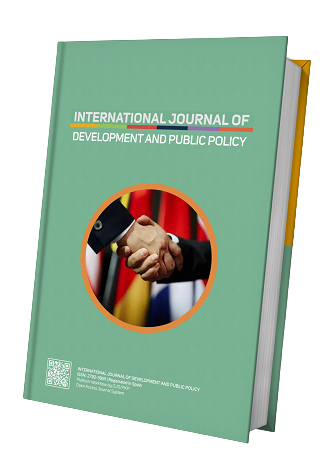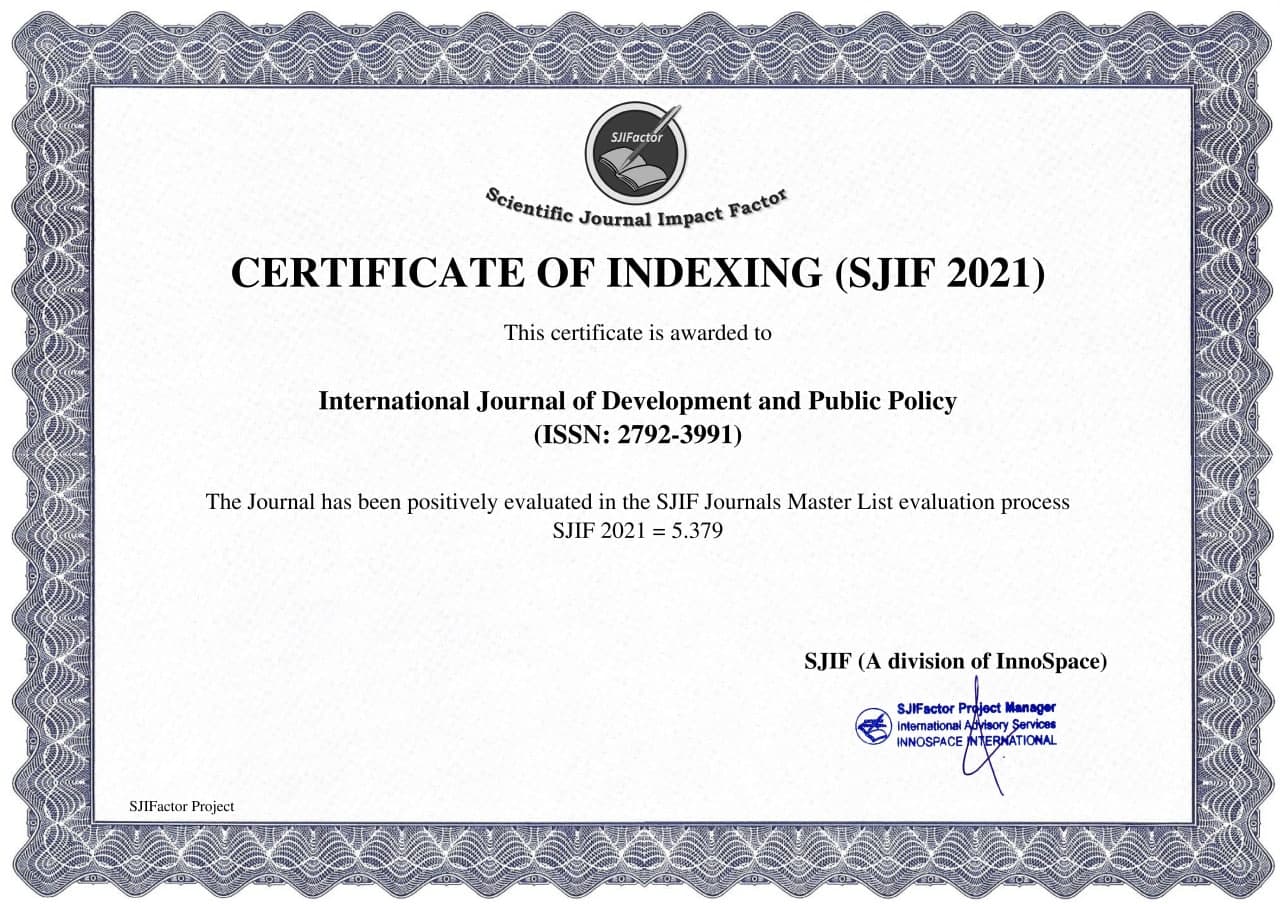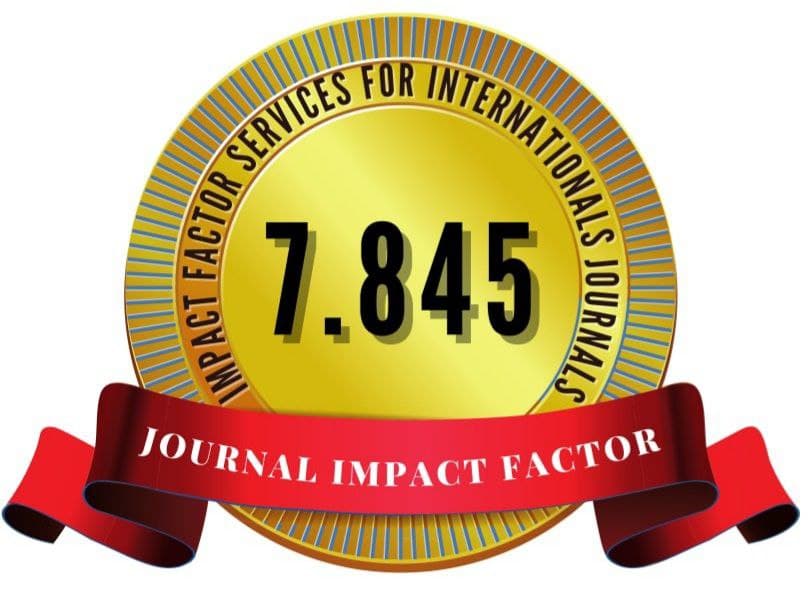Voltaire as Propagandist in Russian Enlightenment
Keywords:
education, life, society, establish, keyAbstract
A foreign-born woman and usurper of the Russian throne, Catherine the Great held no legitimate claim to the crown. Her sole connection with the house of Romanov derived from her marriage to the late Emperor, Peter III, whose murder she was widely known to have orchestrated. The royals who held genealogical claims to the throne overtly devised plots to replace the new Tsarina. Both Ivan VI and Paul I, armed with supporters, threatened Catherine's rule, as well as the guards who possessed the military might to overthrow the Empress.[20] In a letter to Voltaire on September 21, 1762, Catherine acknowledged the conspirators and potential traitors all around her: "Every guardsman when he looks at me can say: 'I made that woman.'" A shrewd politician, Catherina also knew she needed the support of the Court, the public, and other powerful regimes in order to maintain power, suppress rebellion, and emerge as a leading world power.






